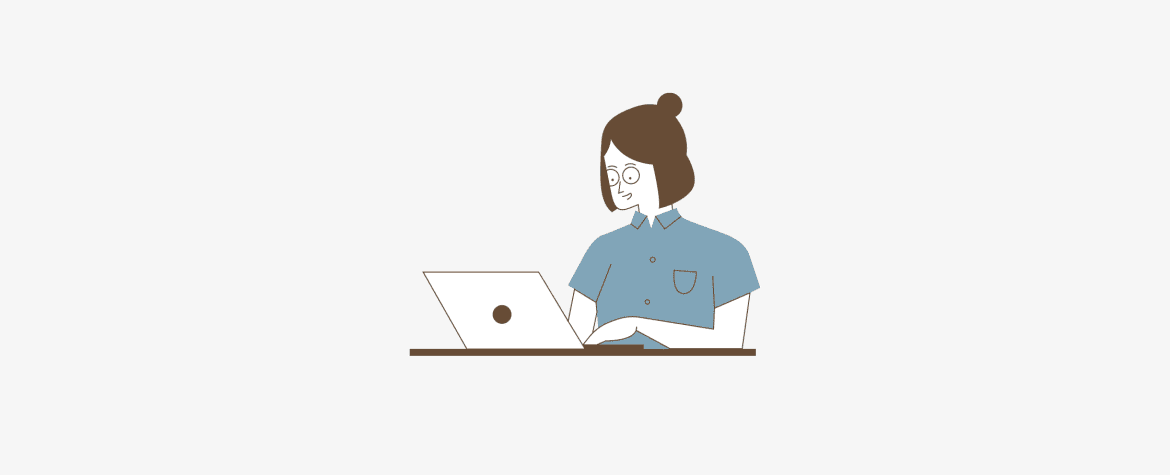Health and Wellness:Personal Development
- Home
- Health and Wellness:Personal Development
- Editors Desk
- August 30, 2024
- 0 Comments
Personal development is a key component of overall well-being, impacting both professional and personal aspects of life. By prioritizing continuous learning, maintaining a healthy work-life balance, and practicing regular self-care, you can achieve greater resilience, productivity, and fulfillment. This guide explores strategies for lifelong growth, setting boundaries between work and personal life, and cultivating a sustainable self-care routine to enhance your wellness journey.
Lifelong Learning and Growth
The Connection Between Personal Development and Wellness:
Holistic Well-being: Personal development is closely linked to overall wellness, as it fosters mental, emotional, and intellectual growth, contributing to a more fulfilling and balanced life.
Enhanced Resilience: Continuous learning and self-improvement help individuals adapt to change, overcome challenges, and stay motivated, which are essential for long-term well-being.
Increased Satisfaction: Engaging in personal development leads to a sense of accomplishment and satisfaction, which can enhance self-esteem and reduce stress.
Setting Personal Growth Goals:
Identify Areas for Growth: Reflect on your strengths and areas where you’d like to improve, both personally and professionally. Set goals that align with your passions and values.
SMART Goals: Use the SMART (Specific, Measurable, Achievable, Relevant, Time-bound) framework to set clear and achievable personal growth goals.
Regular Review: Periodically review and adjust your goals to ensure they remain relevant and aligned with your evolving aspirations.
Strategies for Continuous Learning:
Formal Education: Enroll in courses, workshops, or certifications that align with your career goals or personal interests. Online platforms like Coursera, edX, and LinkedIn Learning offer a wide range of opportunities.
Informal Learning: Engage in informal learning through reading books, listening to podcasts, attending webinars, or participating in professional forums and discussions.
Reflective Practice: Regularly reflect on your experiences and learn from both successes and challenges. Journaling or discussing your reflections with a mentor can deepen your insights.
Work-Life Balance
Importance of Maintaining Balance for Overall Wellness:
Physical and Mental Health: Maintaining a healthy work-life balance is crucial for preventing burnout, reducing stress, and promoting both physical and mental well-being.
Sustained Productivity: Achieving balance allows you to recharge and return to work with renewed energy and focus, leading to sustained productivity and job satisfaction.
Personal Fulfillment: A balanced life allows time for personal interests, relationships, and self-care, contributing to overall happiness and fulfillment.
Techniques for Setting Boundaries Between Work and Personal Life:
Define Work Hours: Clearly define your work hours and communicate them to colleagues and supervisors. Stick to these hours as much as possible to protect your personal time.
Disconnect After Work: Establish a routine for disconnecting from work at the end of the day, such as turning off work-related notifications and engaging in a relaxing activity.
Prioritize Personal Time: Schedule regular personal time for hobbies, exercise, and social activities, treating it with the same importance as work commitments.
Creating a Personal Wellness Plan:
Assess Your Needs: Identify areas of your life that require more attention, whether it’s physical health, mental well-being, relationships, or personal growth.
Set Wellness Goals: Develop specific goals related to your well-being, such as improving fitness, reducing stress, or spending more time with loved ones.
Implement and Adjust: Create a plan to achieve these goals, incorporating daily, weekly, and monthly activities that support your wellness. Regularly review and adjust your plan to accommodate changes in your life.
Self-Care Practices
Importance of Self-Care in Professional Life:
Preventing Burnout: Regular self-care is essential for preventing burnout, managing stress, and maintaining a high level of performance at work.
Enhancing Productivity: When you take care of your physical, emotional, and mental health, you’re better equipped to focus, make decisions, and stay productive.
Long-Term Success: Consistent self-care practices contribute to long-term professional success by ensuring that you remain healthy, motivated, and resilient.
Different Self-Care Techniques (e.g., Hobbies, Relaxation):
Hobbies: Engage in hobbies that bring you joy and allow you to disconnect from work. Whether it’s painting, gardening, or playing a musical instrument, hobbies provide a creative outlet and reduce stress.
Relaxation Techniques: Practice relaxation techniques such as deep breathing, progressive muscle relaxation, or meditation to calm your mind and reduce tension.
Social Connections: Spend time with friends, family, or community groups to foster social connections, which are vital for emotional well-being.
Building a Sustainable Self-Care Routine:
Start Small: Begin with simple self-care activities that you can easily incorporate into your daily routine, such as taking short breaks, practicing mindfulness, or enjoying a cup of tea.
Consistency is Key: Make self-care a non-negotiable part of your routine by scheduling it into your day and treating it with the same importance as other commitments.
Adapt and Evolve: As your needs change, be willing to adjust your self-care routine. Continuously explore new activities that support your well-being and keep you engaged.
Investing in your personal development not only enriches your professional career but also supports your long-term well-being. By setting growth goals, balancing work with personal fulfillment, and embracing self-care, you create a foundation for sustained success and happiness. Remember, wellness is a lifelong journey, and with the right approach, you can thrive both in and out of the workplace.
Read more: Health and Wellness:Physical Health
Choose Layout
Main Color Scheme
- RTL Version
- LTR Version

